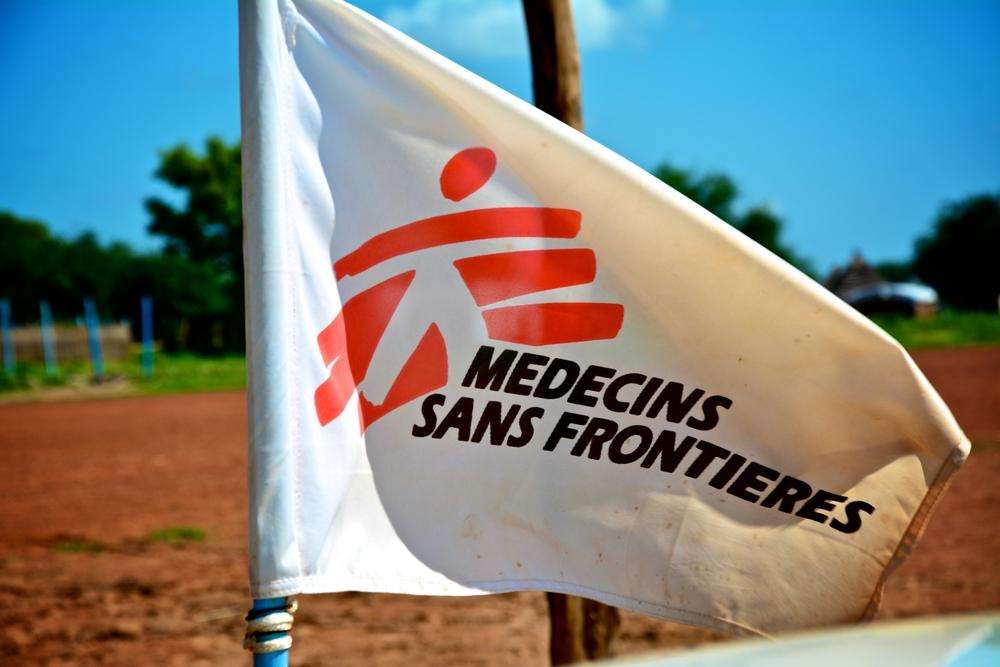MEDIA ALERT
Press Teleconference
The international medical humanitarian organization Doctors Without Borders/Médecins Sans Frontières (MSF) presents the findings of its report detailing two years of medical data, patient surveys and patient testimonies gathered by teams working along Mexico’s migration routes to the United States (US). The report illustrates the extreme levels of violence experienced by people fleeing El Salvador, Guatemala, and Honduras—both at home and along the northward journey—the lack of access to medical care, and the aggressive deportation policies that disregard their need for assistance and protection.
Thursday, May 11 at 1:30 P.M. EDT
Jason Cone, Executive Director, MSF USA
Takos Vasileios, Field Coordinator, MSF Mexico
Carla Denti, Medical Coordinator, MSF Mexico
CALL-IN DETAILS
IN THE US AND CANADA: +1 844-446-4553
INTERNATIONAL CALLERS: +1 213-660-0981
CONFERENCE ID: 20308325
Based on MSF’s experience along migration points in Mexico, it is clear that many patients are vulnerable people running for their lives. Despite facing some of the worst violence in the world today, migrants and refugees from the Northern Triangle region of Central America (El Salvador, Guatemala, and Honduras) are still mostly treated as economic migrants by countries of refuge such as Mexico or the US. People forced to flee violence from the Northern Triangle region have limited access to asylum status in the US and Mexico.
Strategies that are entirely focused on security and border protection ignore a genuine humanitarian crisis and have devastating consequences on the lives and health of people on the move.
Since 2012, MSF has provided medical and mental health care in Mexico to migrants and refugees fleeing Honduras, Guatemala, and El Salvador. MSF works in mobile clinics at hostels, near railways and along various locations on the migration route in Mexico. In 2016, MSF partnered with a local organization to open a center for victims of extreme violence, located in Mexico City.




